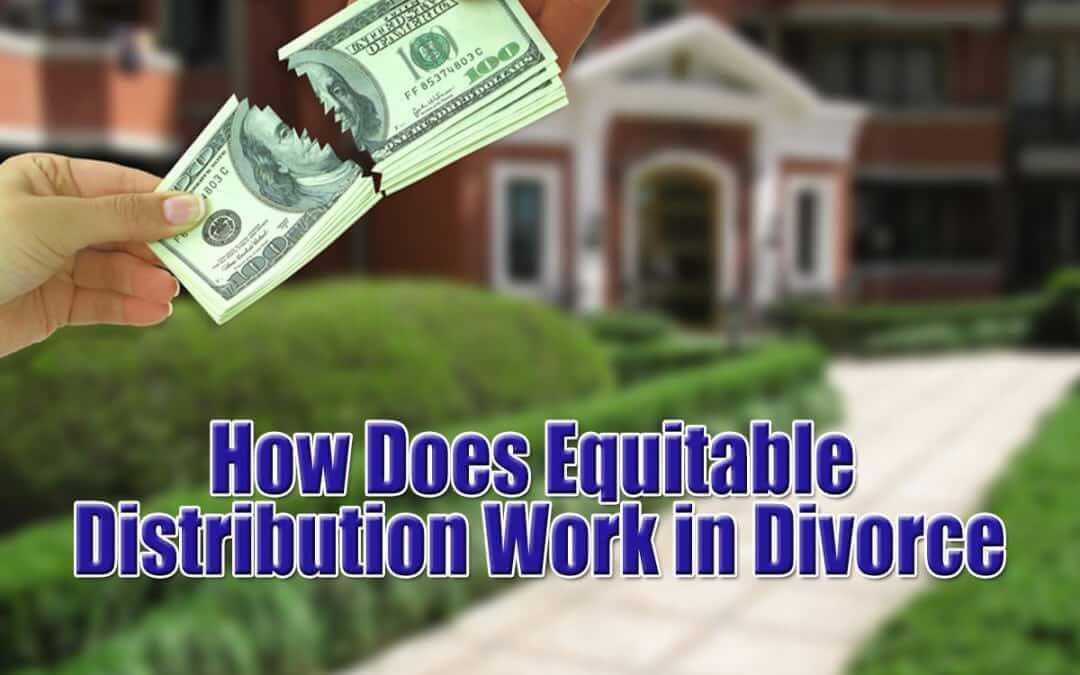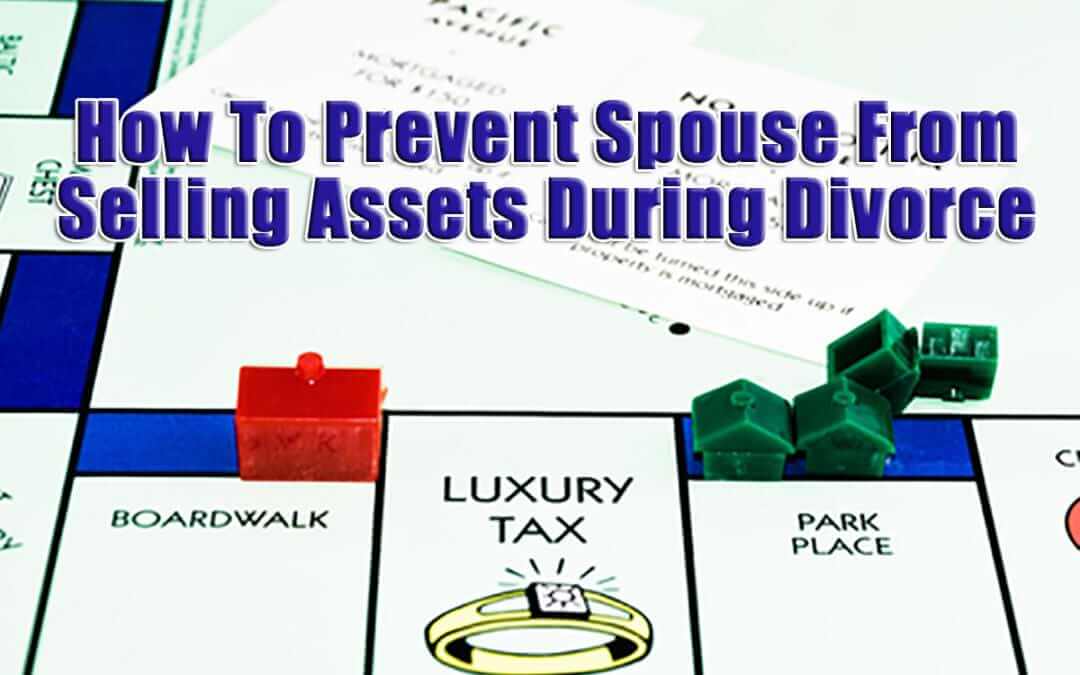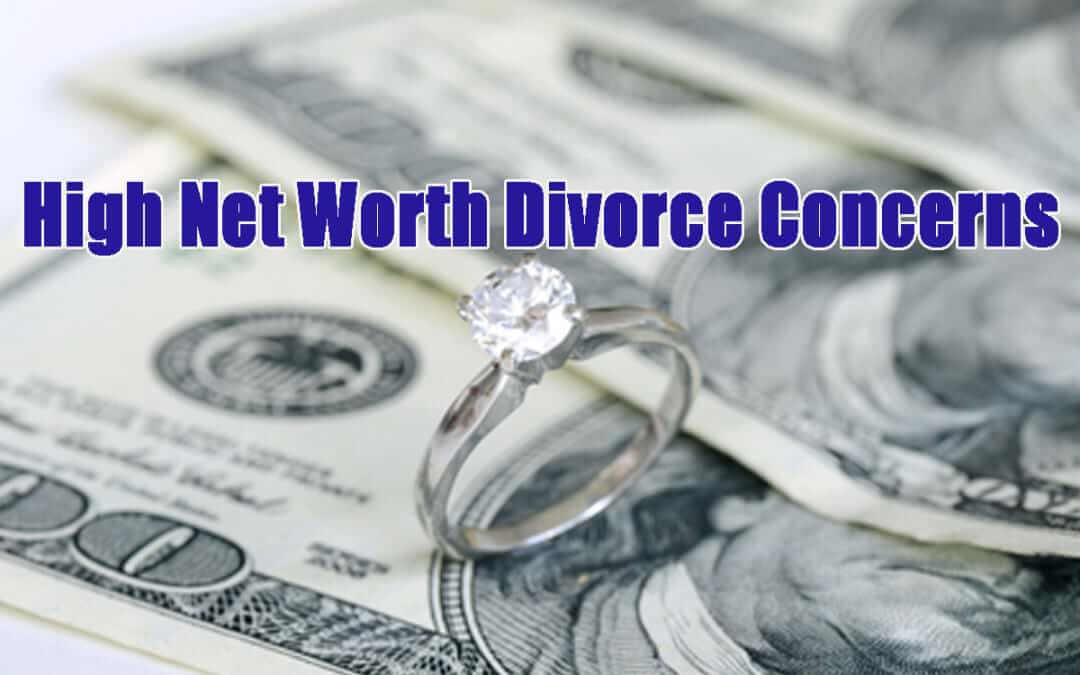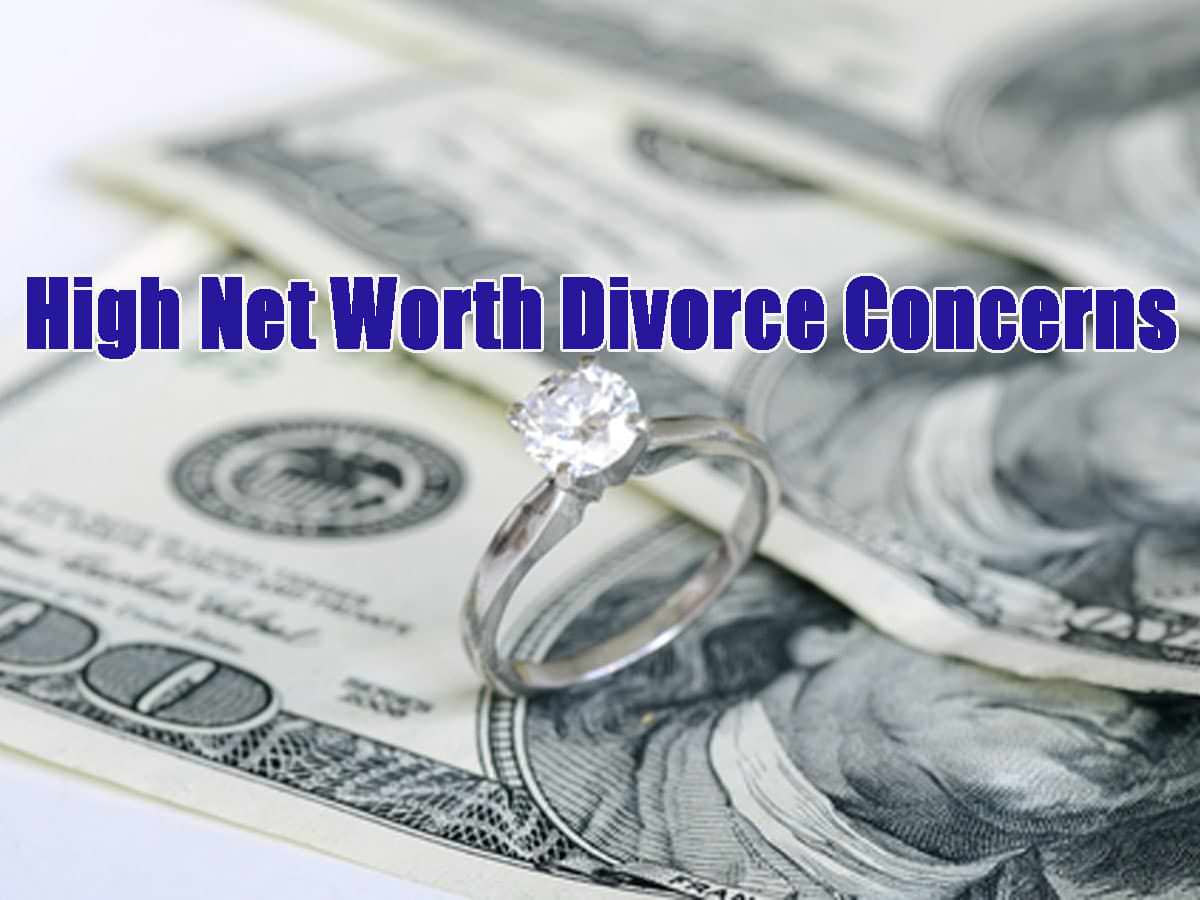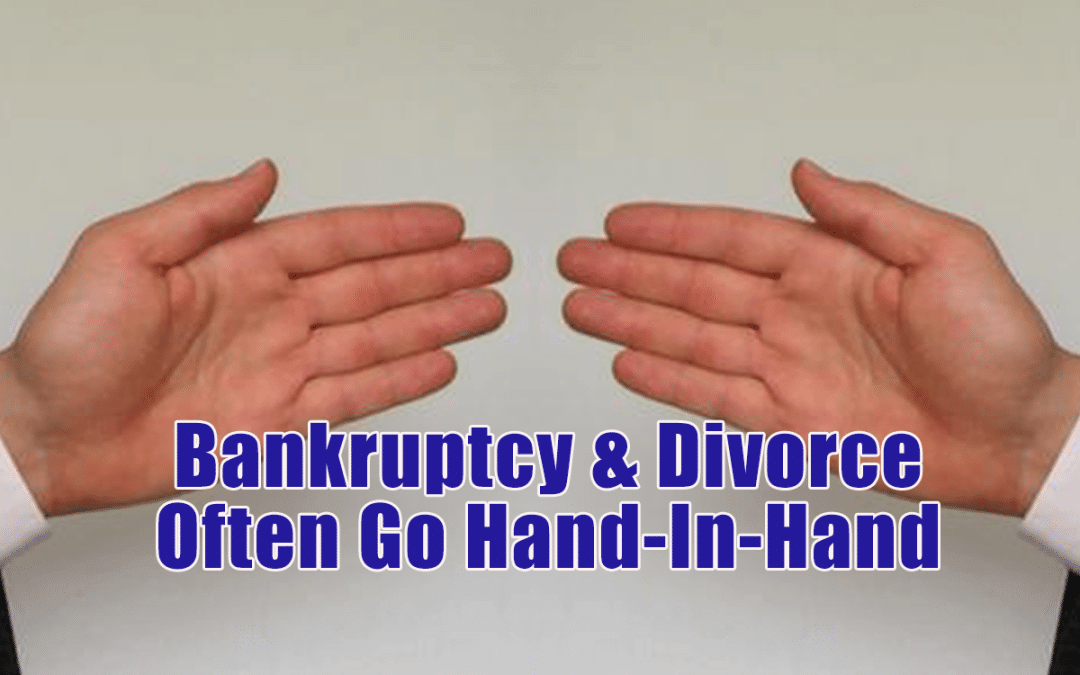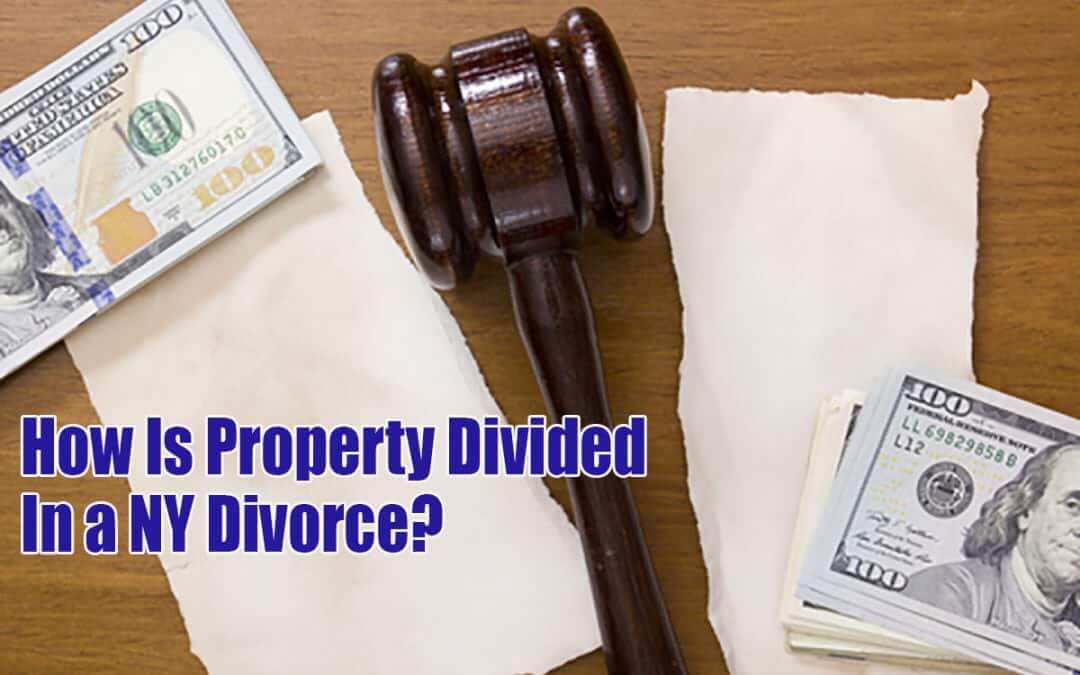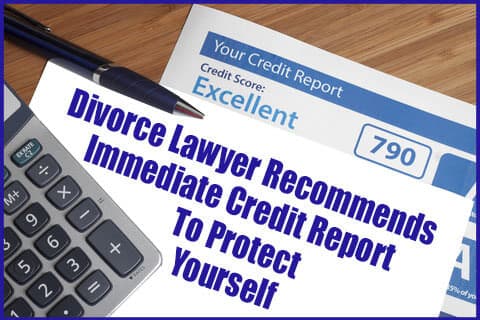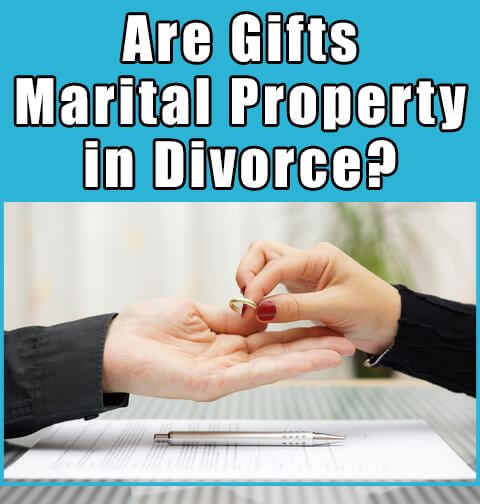With many years of experience as a divorce lawyer on Long Island, I have seen first-hand, how the division of marital property is perhaps the largest issue in most people Nassau County or Suffolk County divorce. Divorces on Long Island are governed by the laws of the State of New York, which provides guidelines for how marital property is to be divided during the divorce proceedings. These rules are known as Equitable Distribution.
In a New York divorce, marital property is divided by equitable distribution. Simply put, the courts use the equitable distribution doctrine in an attempt to divide marital property as fairly and equitably as possible. This does not always mean that property is divided based upon who owned what during the marriage, or that each party receives 50 percent of the marital assets. Instead, the courts use multiple factors in order to determine the most fair and reasonable distribution of the marital property.
During marriage, each spouse has the right to ownership of his or her own income, and also has the right to any property to which he or she holds sole ownership. However, upon divorce, specific marital property is divided without regard to which spouse held title. In other words, which spouse’s name is on what property is not the main factor that will be considered in determining who gets what after the marriage. Instead, a judge will determine an equitable division of assets, which may or may not be exactly equal. Of course, this doctrine is employed by the courts only when the parties cannot come to a private agreement of their own regarding the marital property. Parties are encouraged to put forth sincere effort in reaching an agreement in order to avoid lengthy and costly distribution proceedings.
Some jurisdictions are what are known as “community property” states. Under this doctrine, property is divided according to whose name was on the title of a given property. Instead, in an equitable distribution state such as New York, the courts consider the contributions of each spouse to the marriage as well as the future needs of each party. For example, a spouse who stayed at home to care for children and maintain the household is considered to have made a significant contribution to the marriage.
In a distribution proceeding, each spouse is subject to mandatory financial disclosure and must disclose all of his or her assets to the Nassau County or Suffolk County court. Generally speaking, property acquired during the marriage is considered to be marital property. Marital property can include, but is not limited to, cash, bank accounts, securities, notes and mortgages held, stocks and stock options, contracts, broker’s accounts, business interests, accounts receivable, interest in trusts, and tangible assets such as real property, household furnishings, antiques and jewelry. Other assets such as professional licenses, disability pensions, judgments held, causes of action at law, as well as patents and trademarks owned will be considered marital property in New York. Attorneys on both sides will seek to uncover all of the marital assets such as new businesses or hidden accounts, of which the other spouse may not be aware.
In order to determine how to calculate the distribution of property, Judges in Nassau County and Suffolk County consider factors such as:
(1) the amount and sources of income at the time of divorce filing;
(2) the property of each spouse at the time of divorce filing;
(3) any pre-nuptial agreements;
(4) duration of the marriage;
(5) the age and health of each spouse;
(6) who will be the custodial parent;
(7) any alimony award;
(8) the potential financial needs of each spouse;
(9) the potential future earnings of each spouse; and
(10) the amounts necessary for support, maintenance, education, and general welfare of the child or children.
This is not an exhaustive list of factors, and every set of circumstances surrounding a divorce may vary. However, Nassau County and Suffolk County courts almost always take into account the needs and future needs of each party to the divorce, including current and future income and expenses. Earning potential of the spouses is given due consideration as well.
Certain property may be considered “separate” property, and will not be subject to equitable distribution. For example, property that was acquired prior to the marriage, property acquired by inheritance and certain gifts given to one spouse may not be included in the equitable distribution of a marital estate. Furthermore, any property specifically agreed to be outside of the marital estate by a pre- or post-nuptial agreement will not be considered marital property for purposes of equitable distribution. However, exceptions may exist if a spouse can show that he or she contributed toward the appreciation of any of these “separate” assets.
Generally speaking, Long Island courts consider the totality of the circumstances in determining the distribution of the marital estate. The courts generally do not consider marital misconduct or fault, and typically not punish or reward either party, so if you thought you would get more of the assets of the marriage because your spouse was unfaithful, that’s not the way it works in Long Island courts. However, if a party has acted in a way to intentionally destroy or depreciate the marital property in an attempt to deprive the other party of some benefit, this will be viewed unfavorably in either Long Island court and will be given consideration when determining the apportionment of property.
Receive a Free Consultation from a Long Island Divorce Lawyer or Divorce Attorney Experienced in Equitable Distribution in Nassau County or Suffolk County, Long Island, NY
A skilled Nassau County or Suffolk County divorce Divorce attorney Lawyer practicing on Long Island can assist you in determining your property rights and negotiating for your best interests during your divorce. Be sure to contact a trusted family law Divorce attorney Attorney in Nassau or Suffolk County. The Law Offices of Robert E. Hornberger, Esq. can provide professional assistance to you with regard to your divorce on Long Island. Contact us for a consultation at any time.
For more information about Property Division in your divorce, visit our Complete Guide to Dividing Property in Divorce.
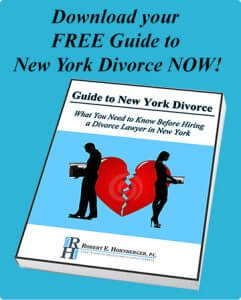
Download our Free New York Divorce Guide
Our 41-page “Guide to New York Divorce: What You Need to Know Before Hiring a Divorce Lawyer in New York” written by an experienced family law attorney Long Island’s Robert E. Hornberger, Esq., provides you with real information on the divorce process and the laws it rests upon in the state of New York. This book will help give you a solid foundation upon which you can begin the process of making your family’s, life better. Download your Free Guide to New York Divorce here.
